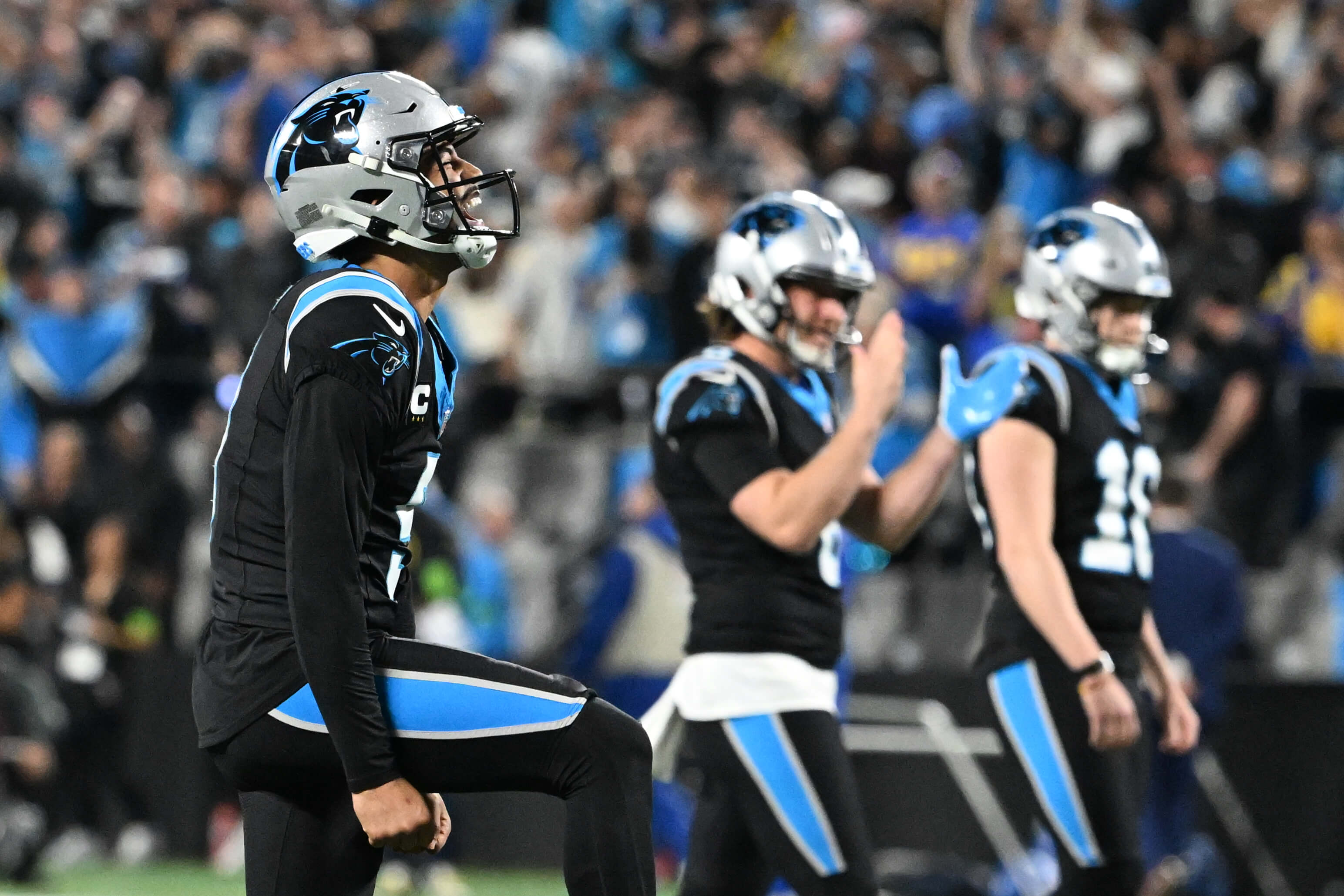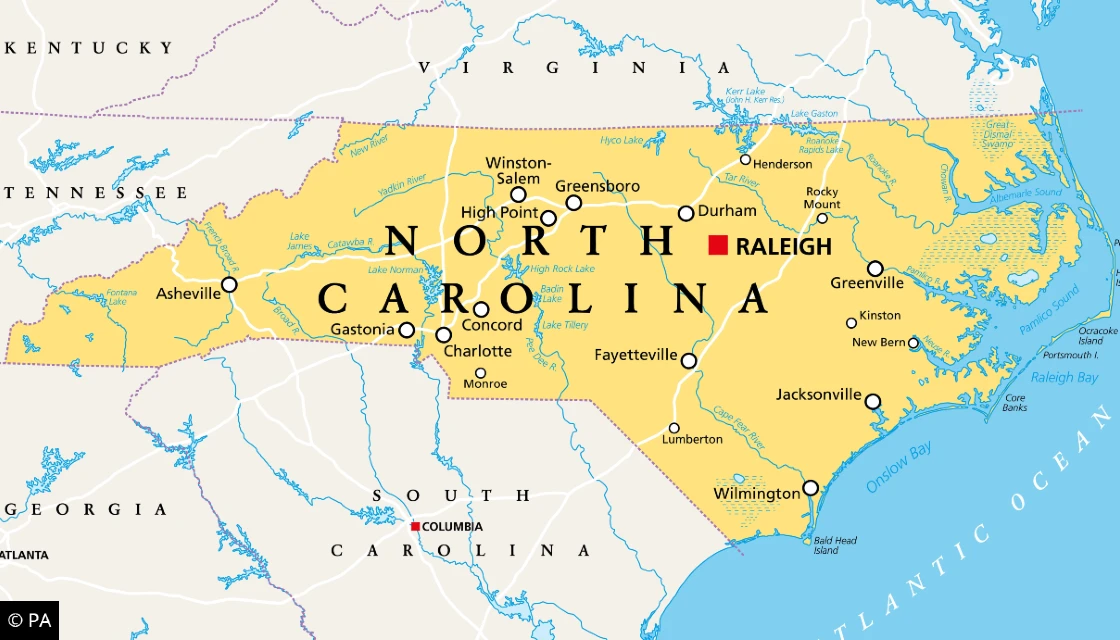Forgive gamblers if they weren’t in the mood for shooting off fireworks on the Fourth of July. They were likely shooting off some choice words instead after President Donald Trump signed the “Big Beautiful Bill” – his name for the budget bill – into law.
Last week, gamblers of all shapes and sizes – including those using North Carolina sportsbooks – discovered the Senate Finance Committee revised a portion of the bill dealing with gambling taxes. Previously, gamblers who itemized their deductions could claim losses up to 100% of their winnings. However, under the new law, bettors will only be able to claim losses equal to 90% of their winnings starting next January.
So, for example, if someone won $10,000 from entering daily fantasy sports contests, wagering on sports, playing the ponies or hitting the blackjack table, then they could deduct their lost wagers or entry fees up to that same amount – if they itemize their deductions. Starting next year under the new law, the most that person could deduct is $9,000 in losses.
The new law contains numerous measures regarding tax policy, national defense, immigration and other priorities within the Trump Administration. Those changes total in the trillions of dollars over the next 10 years, with the Joint Committee on Taxation forecasting that parts of the “Big Beautiful Bill” reduce federal revenue by $4.47 trillion. The lowering the wagering deduction to 90% will generate about $1.14 billion in new revenue.
That works out to less than 0.03% of the law’s entire value.
Changes In The Works?
Even before the bill made it to President Trump’s desk, some in Congress were already calling to revise the new policy before it even starts.
U.S. Rep. Dina Titus (above), a Nevada Democrat whose district includes a significant portion of the Las Vegas Strip, said on Friday that she would introduce a bill to make the 100% deduction permanent. On Monday, she filed the Fair Accounting for Income Realized from Betting Earnings Taxation Act, or the FAIR BET Act for short.
“This common-sense legislation will bring fairness back to gaming taxation, making sure that gamblers can fully deduct losses when they report their winnings,” said Titus, who serves as co-chair of the Congressional Gaming Caucus. “It gives everyone – from recreational gamblers to high-stakes gamblers – a fair shake. We should be encouraging players to properly report their winnings and wager using legal operators. The Senate change will only push people to not report their winnings and to use unregulated platforms.”
The American Gaming Association praised the bill in general, noting that the tax policies in general would greatly help its members to “sustain quality jobs and deliver economic benefits.” However, the trade group also noted that it would work with lawmakers to address the loss deduction issue and other changes it seeks to taxes, such as the repeal of the 0.25% federal excise tax placed on sports betting wagers.
Double Whammy In North Carolina
Barring a change, the 90% deduction cap will affect gamblers in all states. But in some states, including for folks using North Carolina sports betting apps, it adds insult to injury.
The Tar Heel State is one of the few in the country that do not allow bettors to deduct gambling losses on their state income taxes.
State Rep. Erin Pare, R-Holly Springs, filed a bill in the North Carolina General Assembly this year that would have taxpayers who itemize deductions to offset any gambling wins with losing wagers.
An analysis by the legislature’s Fiscal Research Division estimated Pare’s House Bill 14 would have returned $42.1 million to taxpayers during the 2025-26 fiscal year, with the annual impact ranging from $23.4 million to $27.7 million in the next four years.
A House committee adopted changes to the bill last month to give investment coins and bullion similar tax treatment, but HB 14 did not get to the floor for a vote. It’s unlikely to pass this year.
Stick with BetCarolina.com for the best North Carolina sportsbook promo codes and more industry coverage.
USA Today photo by Jack Gruber







